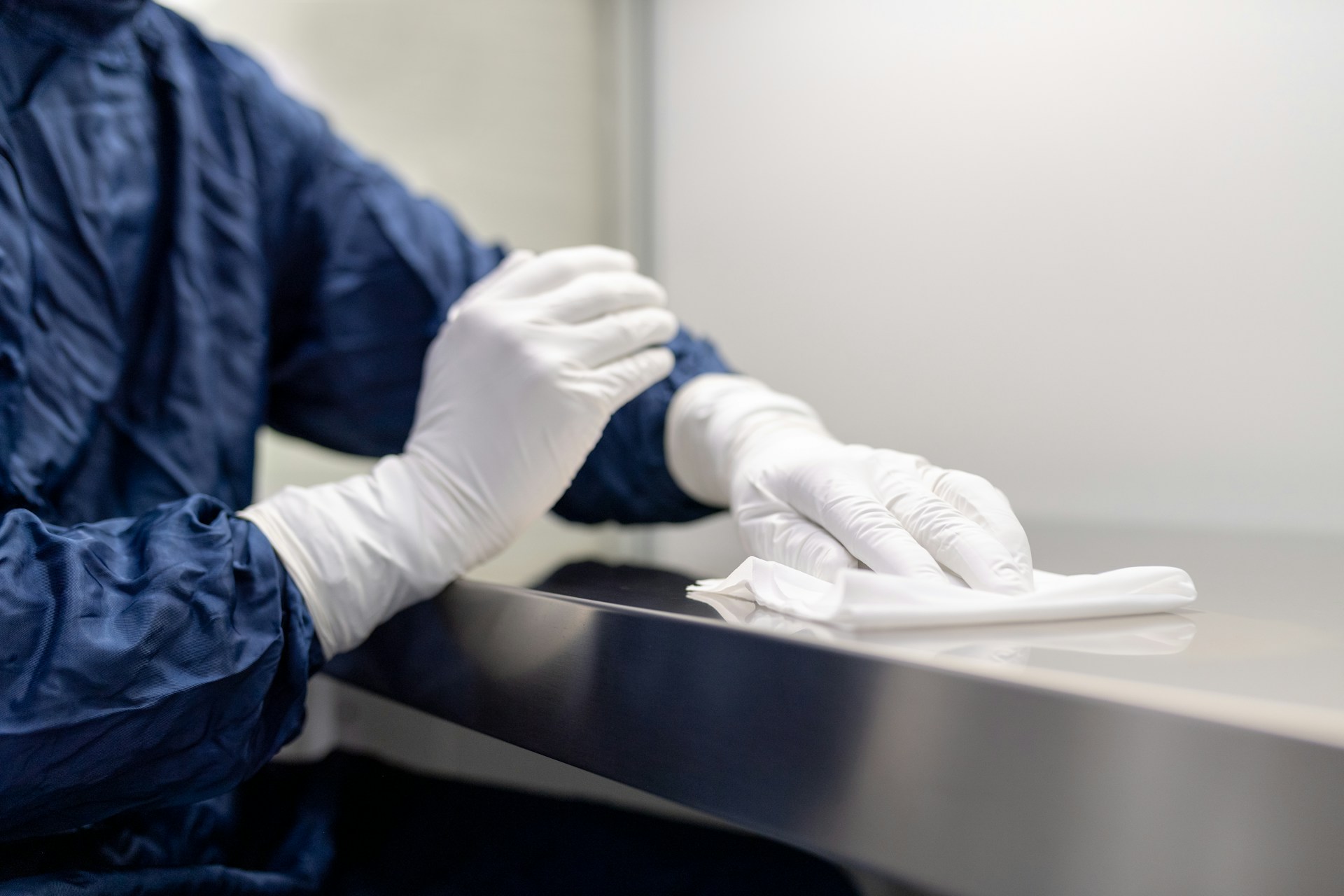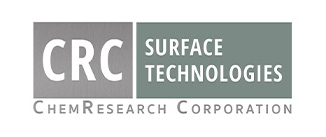
17 Jan The Importance of Surface Preparation in Metal Finishing
Metal finishing is a crucial step in enhancing the durability, appearance, and performance of metal parts. Whether it’s for aesthetic purposes or to improve corrosion resistance, the success of the final finish heavily relies on one key factor—surface preparation. In this post, we’ll explain why surface preparation is so important and how doing it right will ensure a high-quality finish.
Why Surface Preparation Is So Important in Metal Finishing
Before you can apply a coating, electroplating, or paint to a metal substrate, its surface needs to be prepared for finishing. Surface preparation refers to the series of steps taken to clean, treat, and prime the metal surface. This process removes contaminants like rust, oil, grease, and other impurities, and ensures that the metal substrate is in optimum condition for finishing.
The success of surface preparation directly impacts the adhesion, durability, and overall performance of the final finish. Any contaminants left on the surface can result in blemishes, bubbling, and other defects in the coating.
Common Surface Preparation Methods
Chemical Cleaning
This method uses acids or other chemical solutions to remove contaminants and oxides. It is most effective for intricate parts and components that may be challenging to clean through other means.
Mechanical Preparation
For some finishes, the surface may need mechanical preparation such as sanding, grinding, or shot blasting. These methods physically remove impurities and create a textured surface, promoting better adhesion for coatings.
Solvent Cleaning
With this method, solvents are used with a lint-free cloth to remove contaminants from a metal surface. Solvent cleaning is particularly useful for removing grease, oil, soil, and other soluble contaminants.
Polishing
This surface preparation method uses abrasion to smooth and refine a metal surface. Polishing enhances the appearance of metal parts by creating a shiny, reflective surface. This technique is often used to prepare parts for decorative finishes.
Abrasive Blasting
Techniques like sandblasting and bead blasting use abrasive materials propelled at high speeds to clean and prepare a metal surface. This method is effective for removing rust, mill scale, paint, and even old coatings.
Four Key Steps for Surface Preparation Prior to Coating
Step 1: Inspect and Clean the Surface
Begin by thoroughly inspecting the metal surface for contaminants, rust, or other imperfections. Clean the surface using methods such as solvent cleaning to remove grease, oils, and other organic contaminants.
Step 2: Remove Rust and Corrosion
If the metal surface has any rust or corrosion, you’ll need to use mechanical methods like sanding or abrasive blasting to eliminate these contaminants. This step ensures a clean, corrosion-free foundation for subsequent coatings.
Step 3: Choose the Right Surface Preparation Method
Select the most suitable surface preparation method based on the type of metal, the desired finish, and the specific requirements of the application. Different finishes may demand unique preparation methods for best results. For instance, nitric acid is commonly used to prepare steel surfaces for passivation.
Step 4: Ensure Surface Dryness
Before applying the final finish, make sure the metal surface is completely dry. Moisture on the surface can hinder coating adhesion and lead to premature corrosion. Always allow for sufficient drying time, or use drying methods such as air blowers if necessary. Keep in mind that humidity can also affect dry time.
Expert Metal Finishing in Phoenix, Arizona
Proper surface preparation is crucial for achieving high-quality metal finishes. If you’re interested in electroplating, anodizing, passivation, or any other metal finishing services, contact CRC Surface Technologies. Our team has expertise in over 33 different metal plating techniques and can provide the professional-grade finishing services you need. Send a message to rfq@chemresearchco.com to request a quote, or give us a call at 602-253-4175 to learn more.
Images used under creative commons license – commercial use (1/17/2024). Photo by Toon Lambrechts on Unsplash

